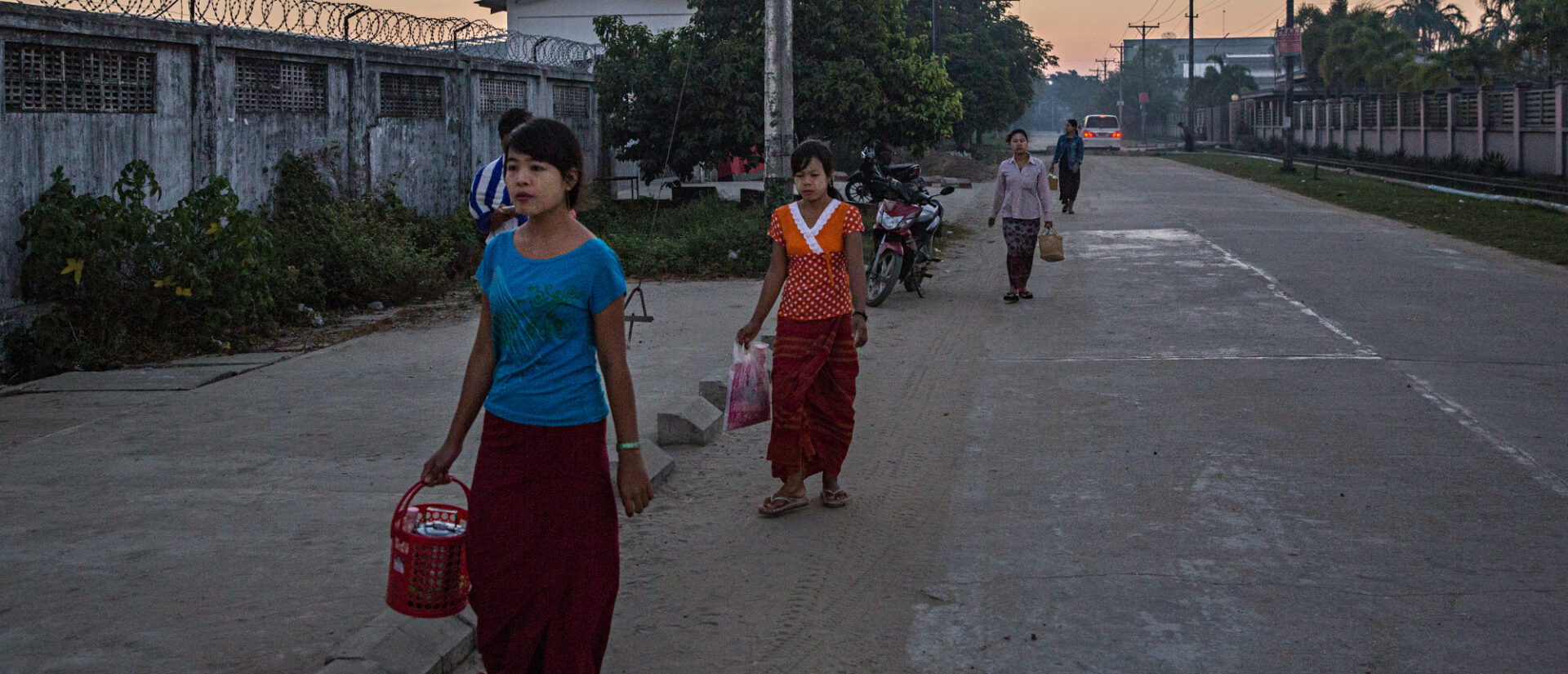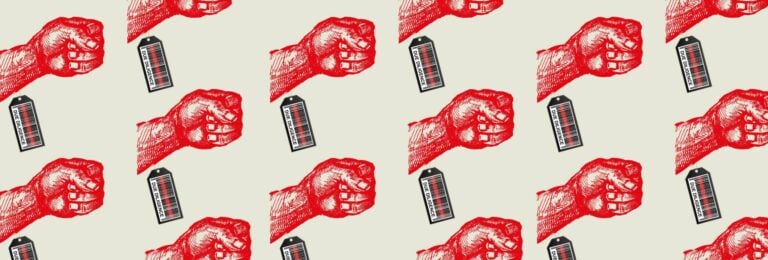
Disappointing outcome of complaints procedure against C&A – workers not helped
Today the Complaints and Disputes Committee of the former Dutch Agreement on Sustainable Garments and Textile published its final ruling on the complaint that SOMO, Clean Clothes Campaign Netherlands, and a labour rights organisation in Myanmar filed against C&A in July 2020. The petitioners have been vindicated on important points. Nevertheless, the outcome is insufficient. Freedom of association was not guaranteed. The committee lets C&A get away with that. The procedure, which lasted almost two years, was also seriously lacking in efficiency and accessibility. And the affected workers in Myanmar do not gain anything from the judgment.
The complaint focused on C&A’s substandard efforts to tackle problems at a supplier in Myanmar, where the company had their clothes produced. In 2018, the management of the garment factory repressed the trade union that had just started. Our repeated attempts to get C&A to take action came to nothing.
C&A reprimanded
The Complaints and Disputes Committee ruled that C&A had not engaged in sufficient dialogue with the Myanmar labour rights organisation,[1] Clean Clothes Campaign, and SOMO about the problems with trade union freedom in the factory. Also, the fashion company should have entered into a dialogue about their departure from Myanmar.
A representative of the Myanmar said: “C&A did nothing in 2018 and packed up after the military coup in February 2021. A missed opportunity. If the workers at the factory had been able to organise in 2018, they would have been much stronger. Not all Western companies behave as irresponsibly and uncooperatively as C&A – we regularly have open discussions with other brands.”
Inadequate procedure
The complainants also denounce the lack of quality of the complaints procedure, in terms of duration, predictability, and accessibility. The procedure had a very unpredictable course involving extra inserted hearings and an unanticipated interim ruling.
Pauline Overeem of SOMO said: “The whole procedure took almost two years. That is unacceptably long. The garments agreement no longer exists. There is no body that can follow up this ruling at all. The complaints committee has not been able to create a safe environment: the atmosphere during the hearings was often unsympathetic and hostile.”
Bad example
At this moment, European and Dutch legislation on international corporate accountability is being developed. It is essential that any new law contain an enforcement mechanism that provides effective access to remedy and justice for rightsholders. The experiences gained through this complaint can serve as valuable lessons for how such an enforcement mechanism should be set up.
Christa de Bruin of the Clean Clothes Campaign Netherlands said: “Our experience with the complaints procedure of the former Dutch garments agreement shows how not to do it. It is essential that European and Dutch legislation contains rock-solid provisions for transparent, effective, and accessible complaints mechanisms, which is not the case in the current EU proposal.”
Find here a more detailed English response from SOMO and Clean Clothes Campaign Netherlands to the ruling.
Partners
Related news
-
 The hidden human costs linked to global supply chains in ChinaPosted in category:News
The hidden human costs linked to global supply chains in ChinaPosted in category:News Joshua RosenzweigPublished on:
Joshua RosenzweigPublished on: -
 Major brands sourcing from China lack public policies on responsible exitPosted in category:News
Major brands sourcing from China lack public policies on responsible exitPosted in category:News Joshua RosenzweigPublished on:
Joshua RosenzweigPublished on: -
Linking labour issues in China to global brands Published on:Posted in category:Publication


